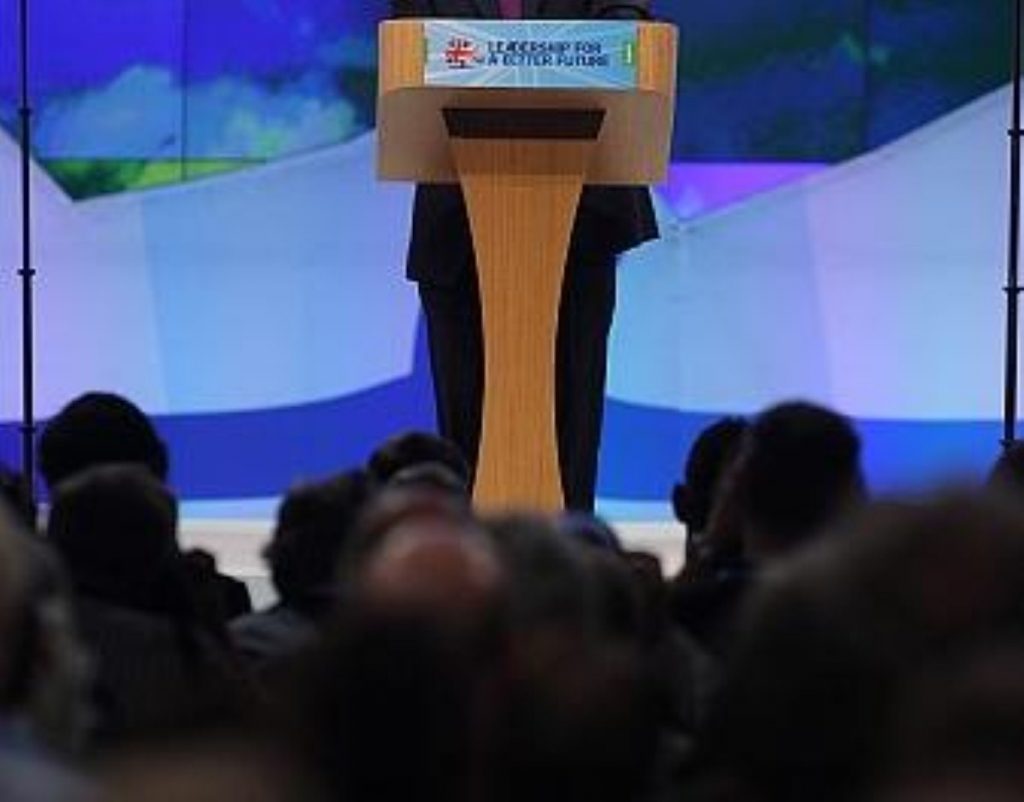Divide and rule: Cameron splits eurosceptics over in-out referendum
Hardline Conservative eurosceptics are gearing up to fight their party leader in the European Union in-or-out referendum, regardless of the negotiations with EU leaders to come.
MEP Daniel Hannan told politics.co.uk he thought it was "unlikely" he would be able to accept the renegotiated terms David Cameron will seek to achieve in the coming years when the referendum takes place, probably in 2017.
His stance leaves open the prospect of intense division within the Tory party after the next general election, when Conservative candidates will be able to unite in asking the British people for a mandate to hold the renegotiation with other European leaders.
"It's possible, but it's unlikely he'll bring back the kind of deal I'm interested in," Hannan said. He wants to see the EU abandon its common agricultural and fisheries policies, reduce the budget substantially, sign free trade agreements with emerging ecnoomies and have "supremacy of law on our own territory".


Conservative backbencher Douglas Carswell said he too would "probably in favour of coming out" of Europe in the referendum
He listed three "absolutes" required for him to support continued membership: changes to single market rules, reform of the European courts and a move to "disband the British troughers in Brussels" by "getting rid of our MEPs".
Hannan, Carswell and other hardliners may find themselves isolated from the bulk of the Tory party, however, as Tory MPs in the Commons fall into line behind the prime minister's approach.
"I've spent a lot of time going around the capitals of Europe talking to parliamentarians and ministers and they all recognise the status quo is not an option, we can't go on like this," Richard Ottaway, chair of the Commons' foreign affairs committee, said.
"There is a willingness inside Europe to revisit this, to make the continent more flexible, more competitive, with greater involvement of the nation states – and I think that's coming."
Bernard Jenkin, another outspoken eurosceptic, said the speech would "dynamically change our debate with the European Union".
He asked: "If the eurozone is going to become a federation of states and the institution of the European union are going to governing that, can we any longer continue to be governed ourselves by those same institutions? I thought the most profound thing in the speech was his determination that we should be released from our obligation to pursue 'ever closer union'."
Some attending the speech have voiced their concerns about the instability Cameron will trigger in other European capitals. The Finnish ambassador to Britain, Pekka Huhtaniemi, told politics.co.uk the speech would create "uncertainty" on the continent.
Many Tory MPs will be more worried about the views of British businesses, which had shown signs of jitteriness about the impact the referendum could have on Britain's status as an attractive investment option.
John Walker, national chairman of the Federation of Small Businesses, told politics.co.uk: "I think for many years there's been an element of uncertainty over whether the UK should or should not be in the EU, be in the single market, and what our relationship is.
"I think this speech today starts to build some foundations to make things a bit clearer. It might take a few years, but at least people now know what the situation could end up being in 2017 or 2018."












